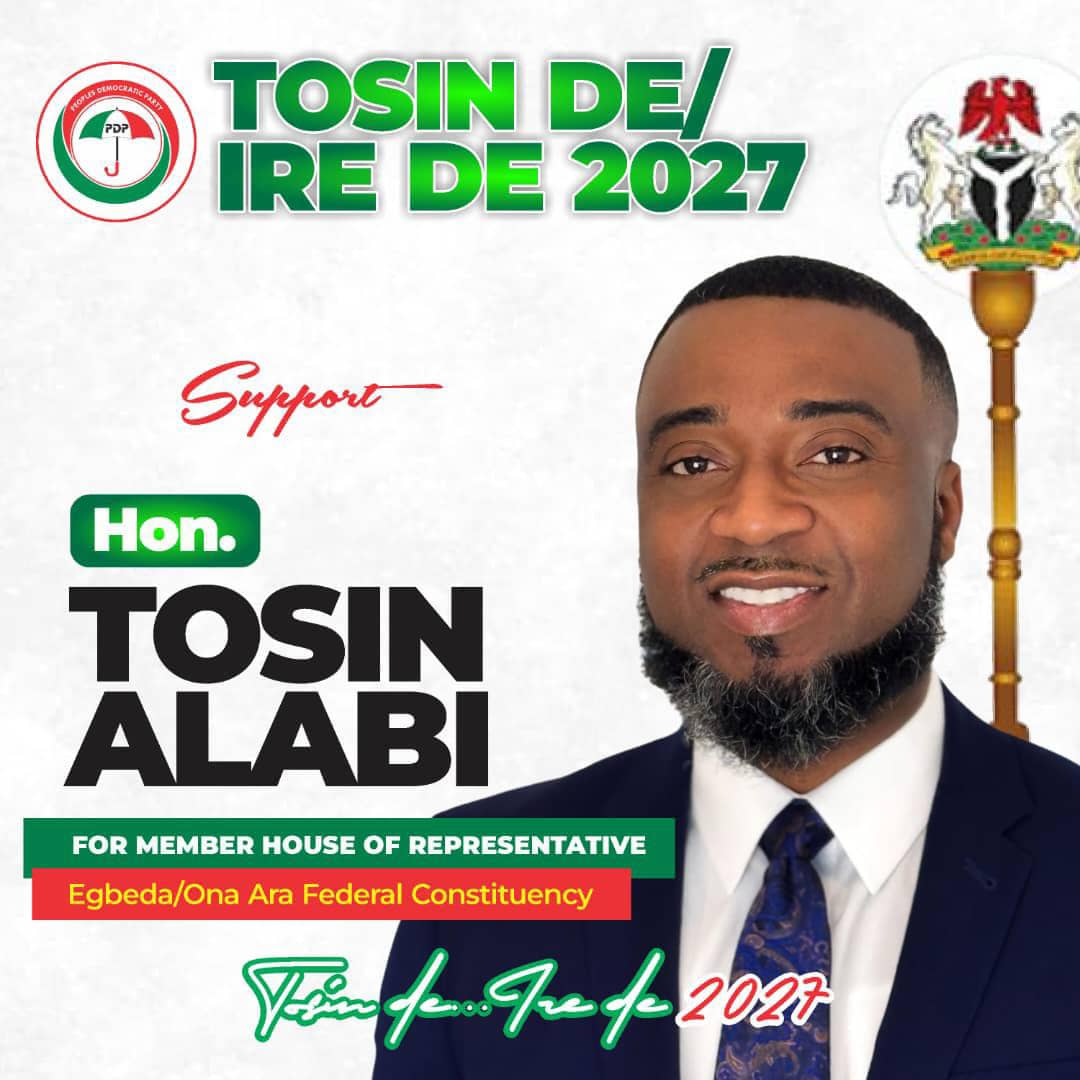The Executive Committee of socio-cultural organisation Central Council of Ibadan Indigenes (CCII) has constituted an all Ibadan committee of erudite scholars, technocrats, legal luminaries in chieftaincy matters to help come up with workable formations and suggestions to the Olubadan in Council, state government and other stakeholders to check personalisation, informality and personal discretion in the system.
This was contained in a press statement signed by the President General of CCII, Chief Yemi Soladoye, Legal Adviser, Barrister Kunle Isola and the Publicity Secretary of CCII, Mr Ademola Alabi, a copy made available to Nigerian Tribune.
This organisation said the new position become “necessary to prevent a situation where people misunderstand or misrepresent the intention of the CCII in securing a better future for Ibadanland.”
According to the statement which shows 11 suggestions as terms of reference, the uniqueness of Republican System of Chieftaincy Rule in Ibadan where there is “no ruling House, no sacred crowns, no complicated Ifa Oracle consultations, resulting in very smooth transition from one king to the next that cannot be compared with any other system in Yorubaland.”
The statement also revealed that the governor of the state, Senator Abiola Ajimobi have been briefed on the intent and has given his consent during the formal visit of the CCII Executive to his office about four months ago, specifically on September 4, 2018.
The terms of reference accordingly are specified as “to lay down the criteria and qualifications for award of Honorary Chieftaincy Titles in Ibadanland to ensure that only credible people with honest means of livelihood carry Ibadan titles;to lay down the procedure and requirements for recognition of Family Heads (Mogajis) by the Olubadan in Council to avoid duplication of Mogajis within the same family and its attendant family crisis and come up with clear-cut position on the appointing and consenting authorities on the position of Iyaloja and Babaloja of Ibadanland and any new Oba in Ibadanland.”
It also charged the committee “to come up with a workable Code of Conduct to guide the relationship of other Obas in Ibadanland with the Olubadan of Ibadanland; to consider and if found necessary recommend the constitution of a Mediation Body of Ibadan Indigenes and Chief who would intervene in any crisis that may involve all members of the Olubadan in Council in future, to come up with clear-cut position on the extent of the involvement of members of the families of the Olubadan in Council Members in the running of the affairs of Ibadanland and conduct of the Olubadan in Council meetings, to study all the past reviews in the Olubadan Chieftaincy Laws with a view to making suggestions to remove the various sections that may be detrimental to the age-long smooth transition and rancourous ascension to the throne of the Olubadan of Ibadanland.”
On appointment of kings in Ibadan and other salient areas, the committee will as well: “to study the existing Olubadan Chieftaincy Laws and provide clarification as to the procedures and authorities for appointment of Kings in Ibadanland and where necessary, recommend ways to normalize any breach of the procedures, to create prestige, respect and flamboyancy around the office of the Olubadan of Ibadanland and make the entire office of the Olubadan in Council act as catalyst for the development of Ibadanland, to come up with clearly demarcated line of authority, reporting format, limits of power, appointing and consenting powers, greetings and homage paying procedures, etc as may become necessary between the positions of other Obas, High Chiefs, Senior and Traditional Chiefs in Ibadan Land and to develop new and additional means of funding the offices of the members of the Olubadan in Council and the completion of a permanent palace for the Olubadan of Ibadanland.”
Source: Nigerian Tribune





















